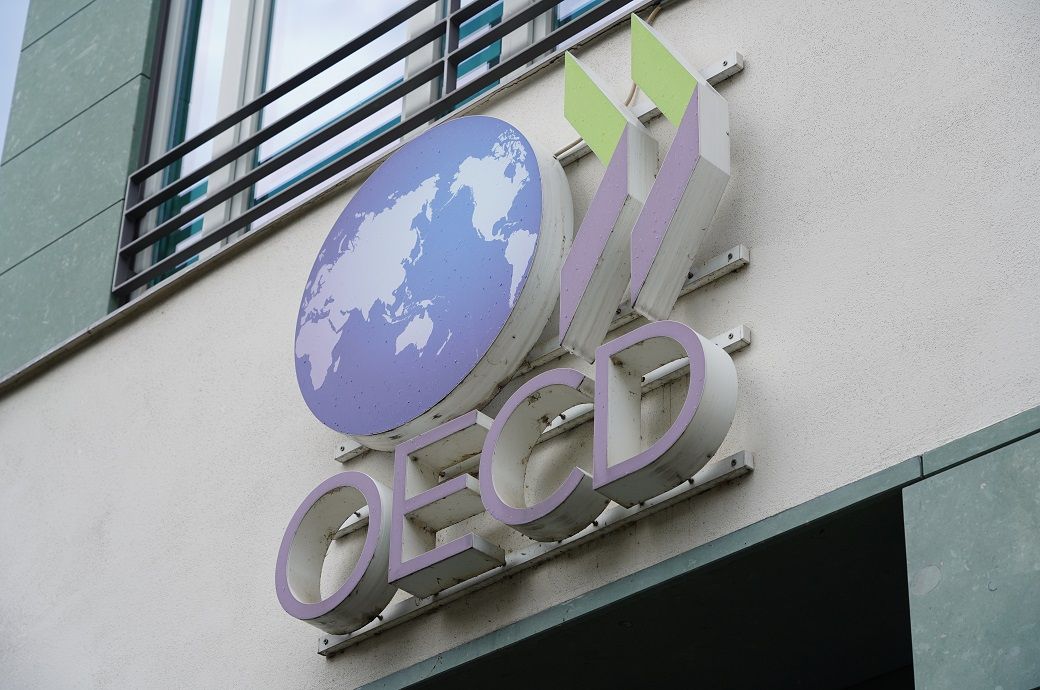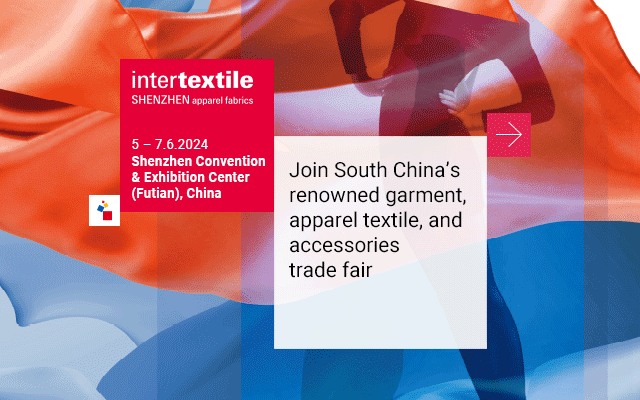OECD releases multilateral convention to tackle global tax issues

Insights
- The OECD/G20 Inclusive Framework has released the Multilateral Convention to Implement Amount A of Pillar One, aiming to modernise global tax rules.
- It focuses on reallocating taxing rights on about $200 billion in multinational enterprises profits to market jurisdictions annually.
- The initiative sets the stage for a global minimum tax of 15 per cent.
Amount A of pillar one aims to reallocate taxing rights to market jurisdictions concerning a portion of the profits made by the largest and most profitable multinational enterprises (MNEs), irrespective of their physical presence in these markets. This initiative seeks to harmonise global tax systems and ensure a level playing field for all jurisdictions, developed or developing.
According to the framework, this will involve reallocating taxing rights on approximately $200 billion in profits to market jurisdictions annually. The measure is expected to lead to an annual global tax revenue gain of between $17 billion to $32 billion, based on 2021 data, OECD said in a press release.
The MLC also aims to dismantle and prevent the spread of digital services taxes and other similar measures that have been a point of contention among nations. The convention seeks to provide mechanisms that would help avoid double taxation and bring more stability and certainty to the international tax system.
Besides pillar one, good progress is also being made on pillar two of the Inclusive Framework's initiative. The Subject to Tax Rule (STTR), which is a treaty-based rule allowing developing countries to 'tax back' when certain intra-group payments are subject to corporate income tax rates below 9 per cent, has largely been completed with the opening for signature of its multilateral instrument.
Pillar two also sets the stage for a global minimum tax, ensuring that large MNEs will be subject to an effective tax rate of 15 per cent on their profits in every jurisdiction where they operate. This global minimum tax could raise up to $200 billion in additional annual revenue.
New analyses have suggested that low and middle-income countries stand to gain the most from these changes as a share of existing corporate income tax revenues. This underlines the importance of swift and widespread implementation of the reforms to benefit Inclusive Framework members from developing nations.
The MLC will be delivered to G20 finance ministers and Central Bank governors ahead of their upcoming meeting in Morocco. An explanatory statement and the understanding on the application of certainty of amount a will accompany the MLC to provide additional insights into its scope and operation.
The OECD secretary-general will also present a new tax report that discusses the MLC in greater detail, ensuring that the international community is kept abreast of these pivotal changes in tax policy.
“The international community has been working closely to resolve the remaining technical issues behind their landmark agreement to reform international taxation,” said OECD secretary-general Mathias Cormann. “The text of the multilateral convention provides governments with the basis for the co-ordinated implementation of this fundamental reform to the international tax system and represents significant progress towards opening the convention for signature. Countries now have the means to swiftly move forward with the steps necessary to secure signature and ratification, and we are ramping up our support for developing countries, to ensure we can deliver on our goal of making the international tax system fairer and work better in the digitalised world.”
Fibre2Fashion News Desk (DP)
































-Ltd..jpg?tr=w-120,h-60,c-at_max,cm-pad_resize,bg-ffffff)





.jpg?tr=w-120,h-60,c-at_max,cm-pad_resize,bg-ffffff)
.jpg?tr=w-120,h-60,c-at_max,cm-pad_resize,bg-ffffff)






